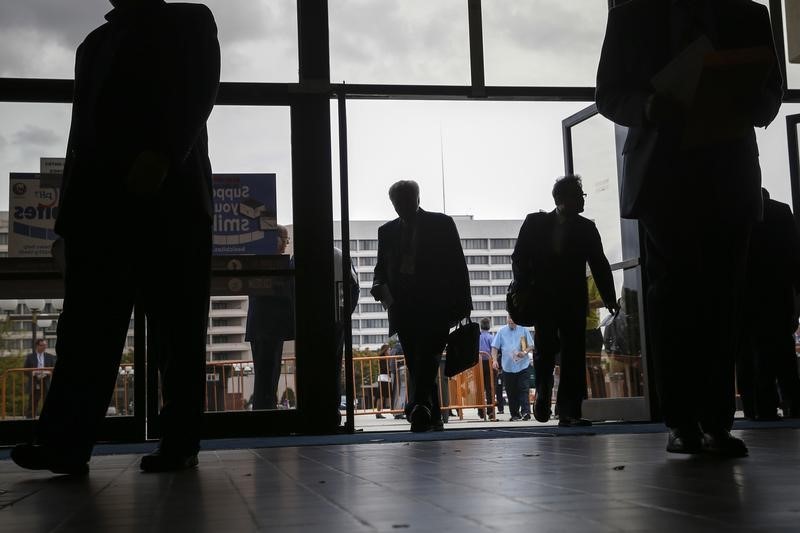ZURICH (Reuters) - The Swiss government said on Friday it is doing away with a frequently criticised privileged tax status for holding companies based in Switzerland, which will lead to a billion-franc shortfall in annual tax revenue.
"While these arrangements made a valuable contribution to the business location's appeal in the past, they are no longer compatible with the international standards, which is proving to be a growing disadvantage for companies engaged in cross-border activities," the Swiss government said in a statement.
For years, the European Union has taken issue with some of the Alpine nation's corporate tax policies, notably how its separate cantons, or states, charge less tax on foreign-earned income than on income earned in Switzerland.
Switzerland's proposal to drop the privileges comes one year after it agreed with the EU to scrap long-cherished rules on corporate tax.
The government estimates that the move, which is being sent to parliament for debate, will take roughly 1.3 billion Swiss francs (1 billion pounds) off its annual budget.
The G7 has a year-end deadline for implementing an anti-tax avoidance action plan - known as the anti-BEPS (Base Erosion, Profit Shifting) directive - to tackle the way corporations shift profits from one country to another in order to reduce tax.
($1 = 0.9443 Swiss francs)
